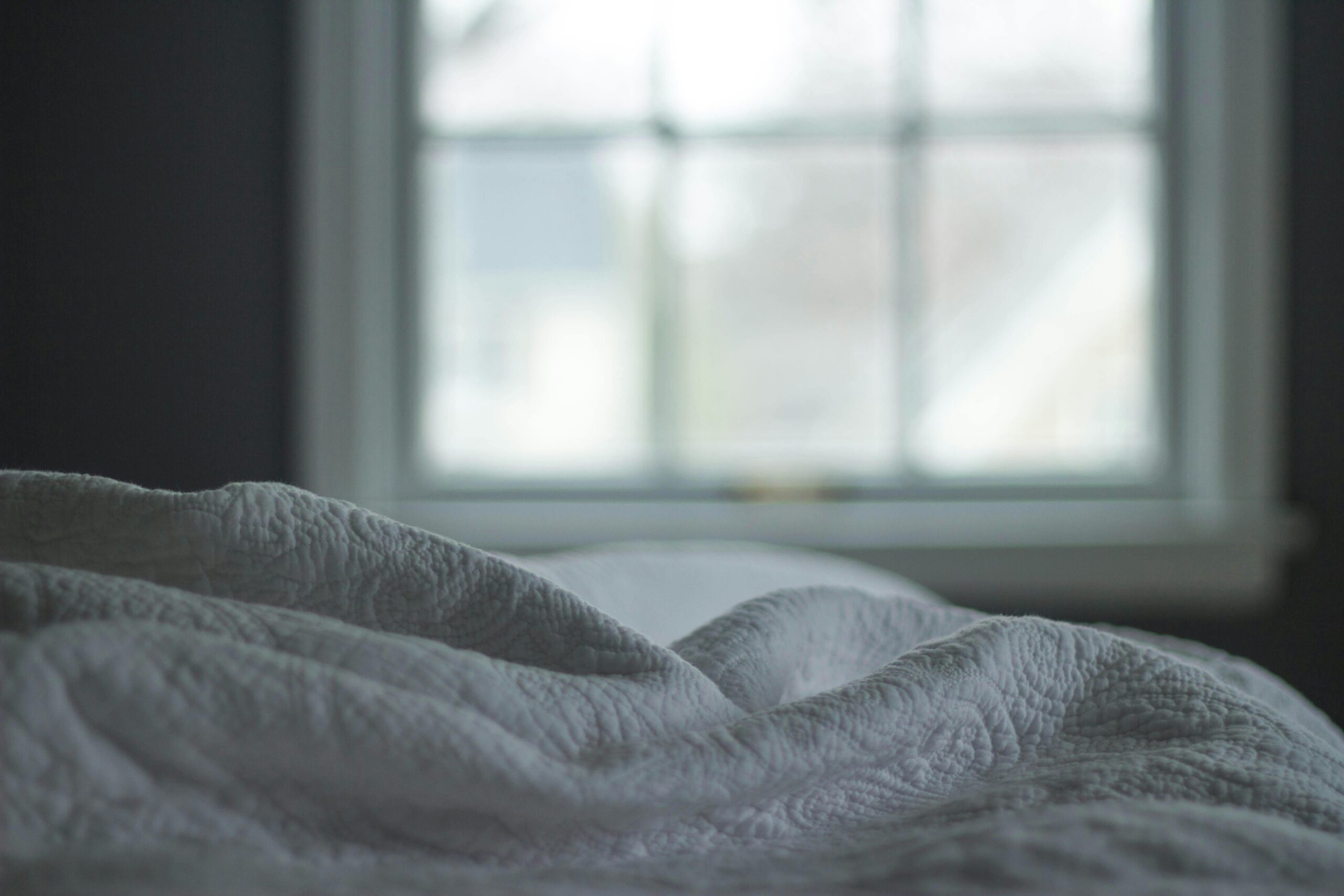The quality of our sleep dictates our energy and mood during the day, and sleep hygiene is extremely important when it comes to getting good, high quality sleep. Many people know the importance of sticking to a consistent sleep schedule but often struggle to do so, myself included. You might not notice a difference on the first night, but I have found that consistency is key when it comes to sleep hygiene and mental health in general. In this post I’ll discuss the most important things to focus on to get a good nights sleep.
- Keep a Consistent Sleep Schedule
- Humans are creatures of habit. By sticking to the same sleep schedule you can train your body and adjust your circadian rhythm so you begin to feel tired at the same time every night, thus making it easier to fall asleep and wake up.
- Avoid Caffeine in the Afternoon if Possible
- The half-life of caffeine is about 6 hours, meaning half of the caffeine will still be in your body after 6 hours. Although caffeine might not affect your ability to fall asleep, it still can disrupt your sleep.
- Avoid Rigorous Exercise 2-3 Hours Before Bed
- Exercise is great for improving mood and tiring out your body to promote deeper sleep, but shouldn’t be done right before bedtime. Exercise can increase your heart rate, internal body temperature, and increase adrenaline— all opposite of what you want to be able to fall asleep.
- Limit Exposure to Light Prior to Bedtime
- This includes all forms of light, including blue light, which can disrupt your circadian rhythm and keep you awake. I would recommend wearing blue light glasses (Amazon Paid Link) at nighttime if you need to be exposed to blue light. Many devices including phones also have settings that reduce blue light.
- Be in the Sun for at Least 30 Minutes a Day, Especially After Waking Up
- Sunlight exposure as soon as you wake up and throughout the day spikes your cortisol and resets your circadian rhythm, waking you up and making your body more alert for the day ahead. If you live in an area with less sunlight, light therapy lamps (Amazon Paid Link) can be useful to serve the same purpose. A lamp of at least 10,000 Lux is generally recommended.
- Create a Calming Pre-Bedtime Routine That Fits You
- Everyone’s life is different, but if you can find time to begin to wind down before bed, it will only help your sleep. Do this by dimming or turning off lights, listening to calming music, reading a book, and/or writing about your thoughts and worries.
- Set Up Your Bedroom for Sleep
- Ensure that your bedroom is dark, cool (roughly 65 degrees Fahrenheit or 18 degrees Celsius), and free of distractions such as electronics. Using black-out curtains and noise machines can be helpful as well.
- Avoid Eating Large Meals 3 Hours Before Bed
- Eating large amounts of food before bed can cause indigestion and affect sleep quality. Stick to smaller snacks and avoid large amounts of fats and protein if you have to eat right before bed.
- Avoid Alcohol and THC
- Both Alcohol and THC have been shown to greatly diminish sleep quality, preventing you from entering the deeper stages of sleep. Although they might reduce your time to fall asleep the quality of your sleep is affected. As with everything, this will vary from person to person.
- Nap in the Early Afternoon, and For No More Than 30 Minutes
- Stick to naps less than 30 minutes long to avoid entering the REM stage of sleep, which could lead to you waking up feeling groggy and affect your ability to fall asleep later at night. Take short 20-30 minute naps earlier in the day for a nice energy boost without harming your sleep at night.

